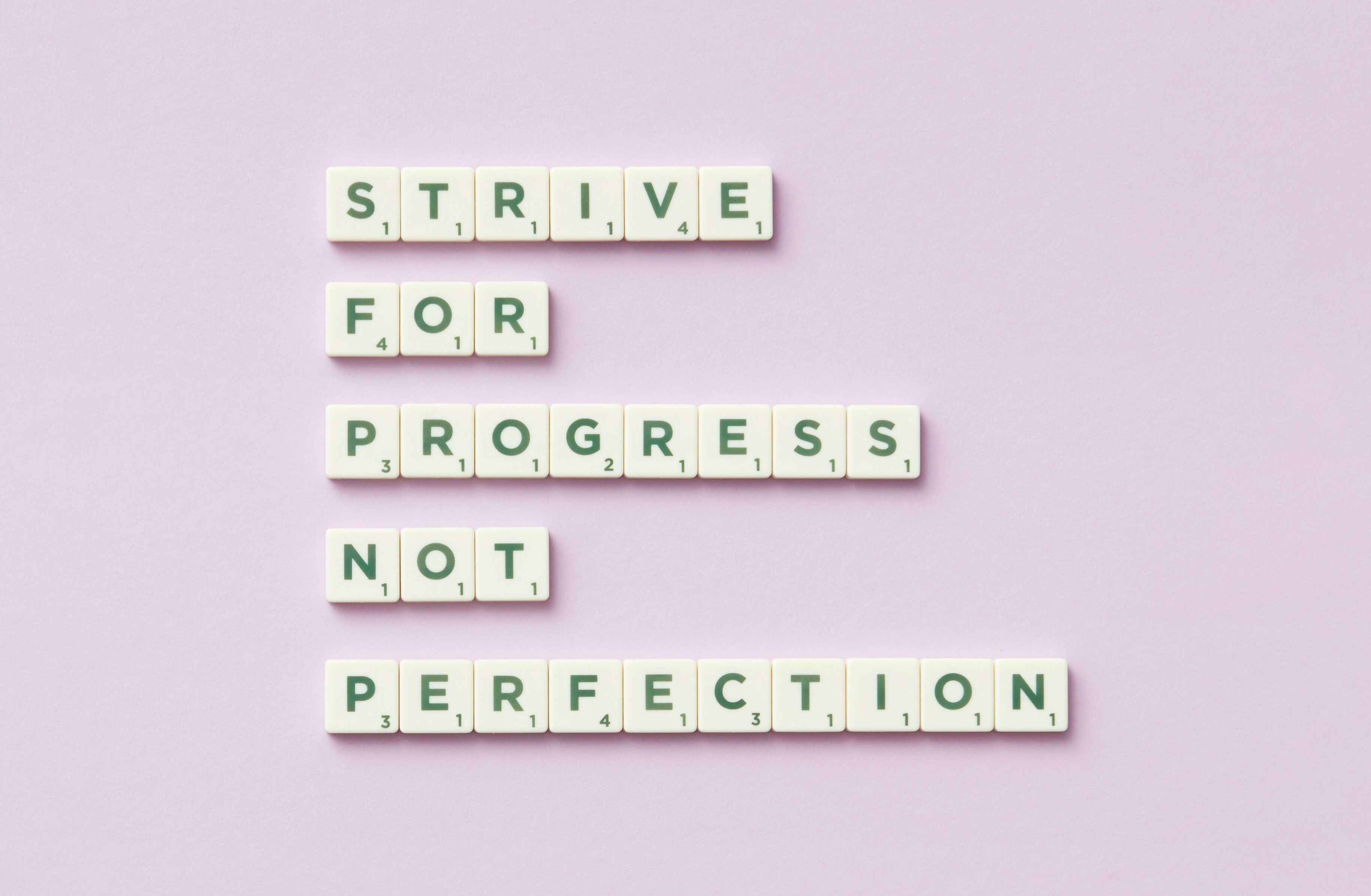Empathy—the ability to understand and share the feelings of others—is a cornerstone of healthy relationships. It enables us to connect more deeply, resolve conflicts, and create a foundation of trust. Whether in friendships, family bonds, or professional interactions, empathy strengthens relationships by allowing us to see things from another’s perspective and respond with genuine care and understanding.
In a world that can often feel divided or disconnected, cultivating empathy has become more important than ever. Studies show that practicing empathy not only improves relationships but also enhances our emotional well-being and even benefits our physical health. Research from the Journal of Social and Personal Relationships shows that people with high levels of empathy experience greater satisfaction in their relationships and report lower levels of stress.
This guide will explore what empathy really means, the benefits it brings to our lives, and practical steps you can take to develop and strengthen empathy in your daily interactions.
What is Empathy?
Empathy is more than just understanding someone else’s emotions—it’s about feeling them, or at least coming close. Psychologists often divide empathy into three main types:
- Cognitive Empathy: Understanding someone’s thoughts, emotions, and perspectives without necessarily sharing their feelings.
- Emotional Empathy: Actually feeling what someone else is feeling on an emotional level.
- Compassionate Empathy: Feeling concern for someone’s well-being and taking action to help if needed.
Each type of empathy plays a different role in relationships, helping us connect intellectually, emotionally, and compassionately with those around us.
Why Empathy Matters in Relationships
Empathy is the bridge that connects us to others. When we practice empathy, we strengthen our relationships in ways that can’t be achieved through any other means. Here’s how empathy impacts our relationships:
- Builds Trust: When someone feels truly understood, they’re more likely to trust and open up to us.
- Enhances Communication: Empathy fosters clear, open communication, where both parties feel heard and valued.
- Resolves Conflicts: By seeing things from the other person’s perspective, we’re more likely to find common ground during conflicts.
- Increases Satisfaction: Research shows that empathy improves satisfaction in both romantic and professional relationships, creating a sense of shared understanding and respect.
Benefits of Developing Empathy
Empathy not only enhances our relationships but also positively impacts our personal well-being. Here’s how developing empathy can improve various aspects of your life:
1. Reduces Stress and Anxiety
Empathy can lower stress levels by improving social connections and reducing feelings of isolation. When we understand and connect with others, it creates a sense of belonging that reduces anxiety and fosters calmness.
2. Improves Emotional Intelligence
Emotional intelligence is the ability to recognize, understand, and manage our own emotions and those of others. Empathy is a critical part of emotional intelligence, as it helps us respond thoughtfully and compassionately.
3. Enhances Self-Awareness and Personal Growth
Empathy encourages us to be more open-minded and reflective. By seeing the world through others’ eyes, we become more aware of our own biases and assumptions, which fosters personal growth and self-awareness.
4. Strengthens Community and Social Bonds
Empathetic people are often more involved in their communities and social circles. Empathy leads to stronger, more meaningful connections and contributes to building supportive, compassionate communities.
How to Develop and Strengthen Empathy: Practical Steps
While empathy might come naturally to some, it’s a skill that anyone can develop with practice. Here are some effective strategies to help you build empathy and deepen your connections.
1. Practice Active Listening
Active listening involves giving your full attention to the person speaking, without interruptions, judgments, or distractions. It’s the foundation of empathy, as it demonstrates that you value what the other person has to say.
How to Practice Active Listening:
- Be Present: Put away your phone, make eye contact, and focus fully on the conversation.
- Reflect Back What You Hear: Summarize or repeat back what the person is saying to show that you’re following and understanding them.
- Avoid Jumping to Solutions: Sometimes, people just need to be heard, so avoid offering advice unless they specifically ask for it.
Example: If a friend is upset about work, instead of immediately suggesting solutions, you might say, “It sounds like you’re feeling really overwhelmed right now,” which shows understanding rather than judgment.
2. Challenge Your Own Biases and Assumptions
We all have biases—our experiences, beliefs, and perspectives shape how we see the world. Developing empathy means acknowledging and questioning these biases so we can better understand others’ experiences.
How to Challenge Your Biases:
- Reflect on Your Assumptions: When you feel judgmental or dismissive, ask yourself why. Is there a bias influencing your reaction?
- Seek Out Diverse Perspectives: Read books, watch films, or follow social media accounts from people with different backgrounds to broaden your worldview.
- Ask Open-Ended Questions: Instead of assuming you know how someone feels, ask questions like, “How did that make you feel?” or “What was that experience like for you?”
Example: If someone has a different opinion about a topic, instead of dismissing it, ask questions to understand where they’re coming from. This helps bridge divides and fosters empathy.
3. Use Your Imagination to Visualize the Other Person’s Experience
Visualization can help you develop cognitive empathy by imagining what it’s like to be in another person’s shoes. This practice can deepen your understanding of someone else’s feelings, even if you haven’t shared their experiences.
How to Practice Visualization:
- Imagine Their Day: Picture what a typical day might be like for them. What challenges or joys do they experience that are different from your own?
- Consider Their Background: Think about how their life experiences, upbringing, or cultural background might shape their perspectives.
- Imagine Their Emotions: Try to feel the emotions they might be experiencing, even if it’s something you haven’t personally gone through.
Example: If a colleague seems frustrated during a meeting, instead of seeing it as a personal attack, imagine the pressures they might be under or challenges they’re facing. This mental shift can help you respond with patience and understanding.
4. Practice “Empathetic Communication”
Empathetic communication means expressing understanding and care in your responses. It involves validating the other person’s feelings and showing that you’re genuinely there for them.
How to Communicate Empathetically:
- Acknowledge Their Feelings: Say things like, “I can see that this is really difficult for you.”
- Express Support: Offer comfort without making it about yourself, such as, “I’m here for you no matter what.”
- Avoid Judgment: Steer clear of responses that minimize or judge, like “Just get over it” or “You’re overthinking.”
Example: When a partner shares a concern, rather than saying, “It’s not that big of a deal,” you might say, “I can see this is really bothering you. I’m here to support you.”
5. Put Yourself in Situations that Require Empathy
Actively seeking experiences where empathy is needed can strengthen your empathetic abilities. Volunteering, mentoring, or even practicing random acts of kindness are ways to build empathy through action.
Ideas for Practicing Empathy:
- Volunteer: Helping those in need can provide perspective on different life experiences and increase compassion.
- Be a Mentor: Listening to someone else’s goals, challenges, and triumphs can help you develop empathetic listening skills.
- Engage in Community Activities: Attend community events, join clubs, or participate in discussions that encourage connection and understanding.
Example: Volunteering at a local shelter or participating in a mentorship program not only benefits others but also increases your awareness of diverse life experiences, making empathy a natural outcome.
6. Cultivate Self-Compassion
Empathy begins with being kind to ourselves. When we practice self-compassion, we’re less likely to judge others harshly, and we create a more empathetic mindset overall. Self-compassion allows us to recognize our own imperfections and humanity, which makes us more understanding toward others.
Practicing Self-Compassion:
- Acknowledge Your Feelings Without Judgment: When you feel stressed, anxious, or disappointed, try not to criticize yourself.
- Practice Positive Self-Talk: Encourage yourself as you would a friend. Say things like, “It’s okay to feel this way” or “Everyone struggles sometimes.”
- Forgive Yourself: If you make a mistake, avoid being overly self-critical. Acknowledge it, learn from it, and move forward.
Example: If you feel you haven’t been as understanding with a friend, practice self-compassion by recognizing that it’s okay to have moments of impatience. This will help you approach the relationship with renewed empathy.
Strengthening Empathy Over Time: Small, Consistent Efforts
Building empathy isn’t an overnight process; it’s a skill that grows with time and consistent practice. The more we put empathy into action, the more natural it becomes in our relationships.
Make Empathy Part of Your Daily Life:
- Reflect on Your Interactions: At the end of each day, consider if there were moments where you could have shown more empathy. Think about how you can improve next time.
- Celebrate Empathetic Moments: When you notice yourself responding with empathy, acknowledge it. Positive reinforcement strengthens empathetic habits.
- Set Empathy Goals: Choose one empathy practice to focus on each week, whether it’s active listening, empathetic communication, or visualization.
Final Thoughts: A Journey Toward Deeper Connection
Empathy is more than a skill; it’s a pathway to deeper connections, understanding, and kindness in our relationships. It brings richness and depth to our interactions, helping us to navigate both joyful and challenging moments with others. And while empathy may not come naturally in every situation, developing it intentionally can have lasting effects on our relationships, mental health, and overall happiness.
So, take the time to pause, listen, and really put yourself in someone else’s shoes. In doing so, you’ll not only strengthen your relationships but also cultivate a more compassionate, fulfilling way of connecting with the world around you. Empathy, after all, is a gift—one that benefits both the giver and the receiver in ways that are profound and lasting.
Develop empathy with Hapday, Your Wellbeing Assistant
Join the millions of people using Hapday. Improve overall wellness & sleep.




